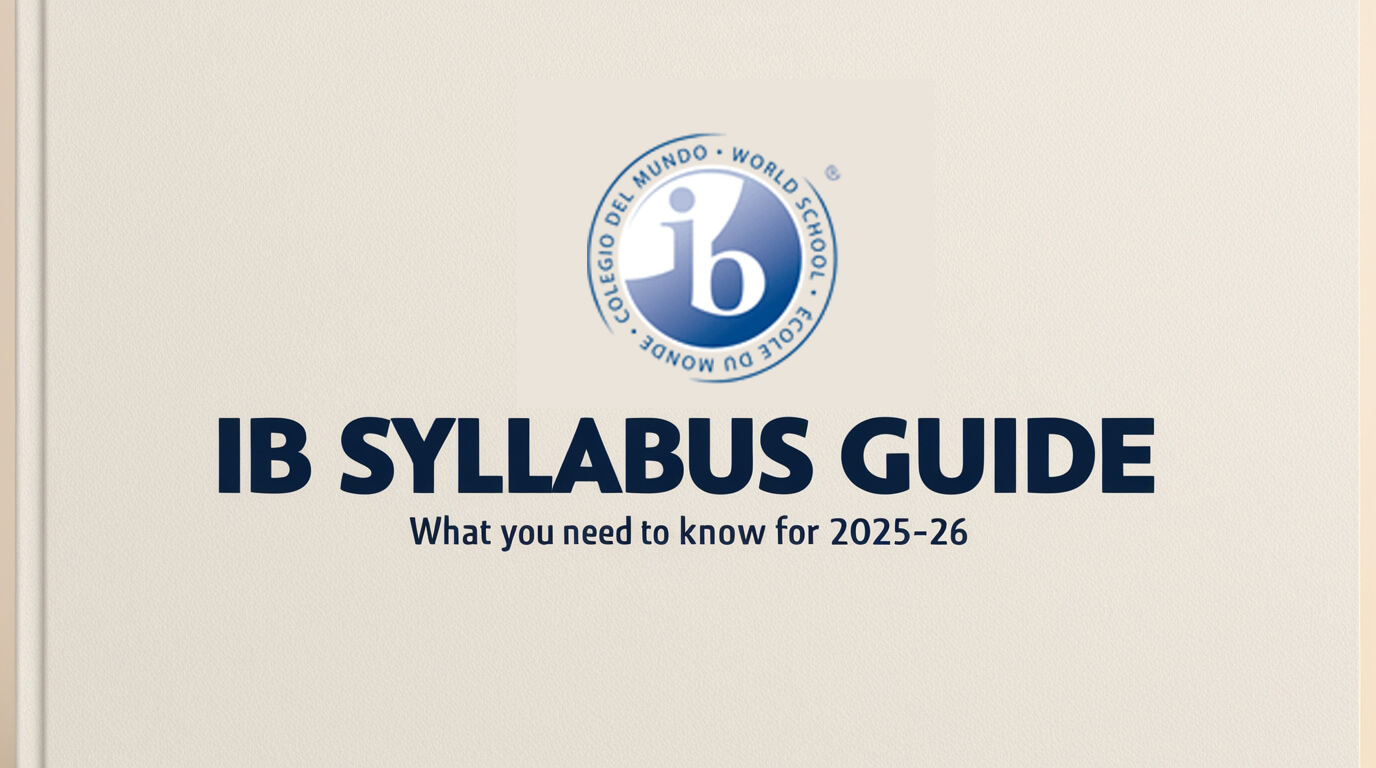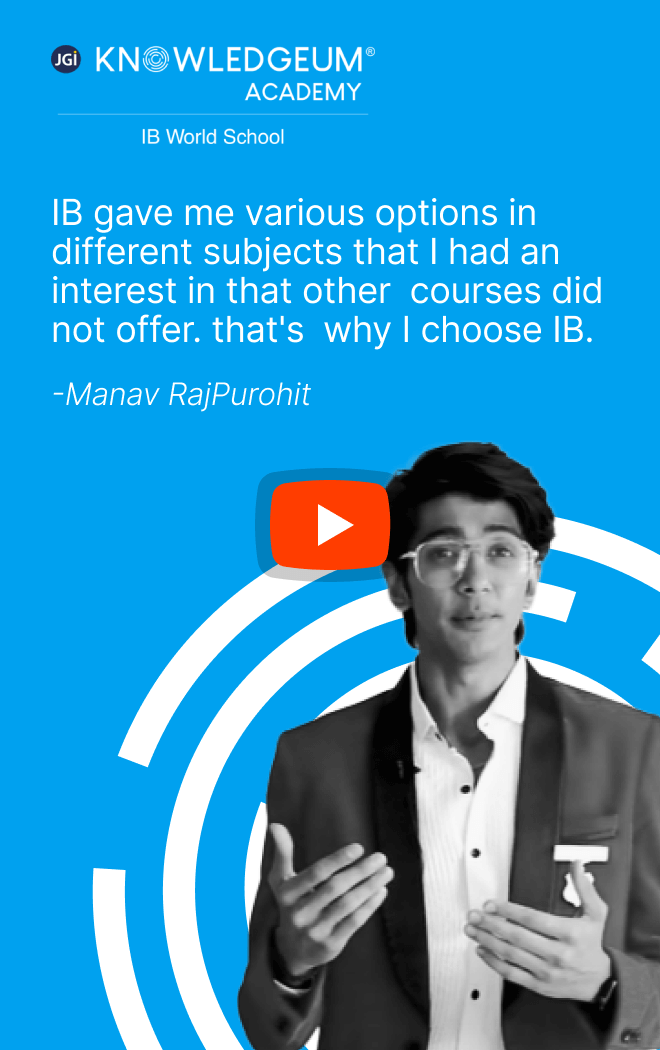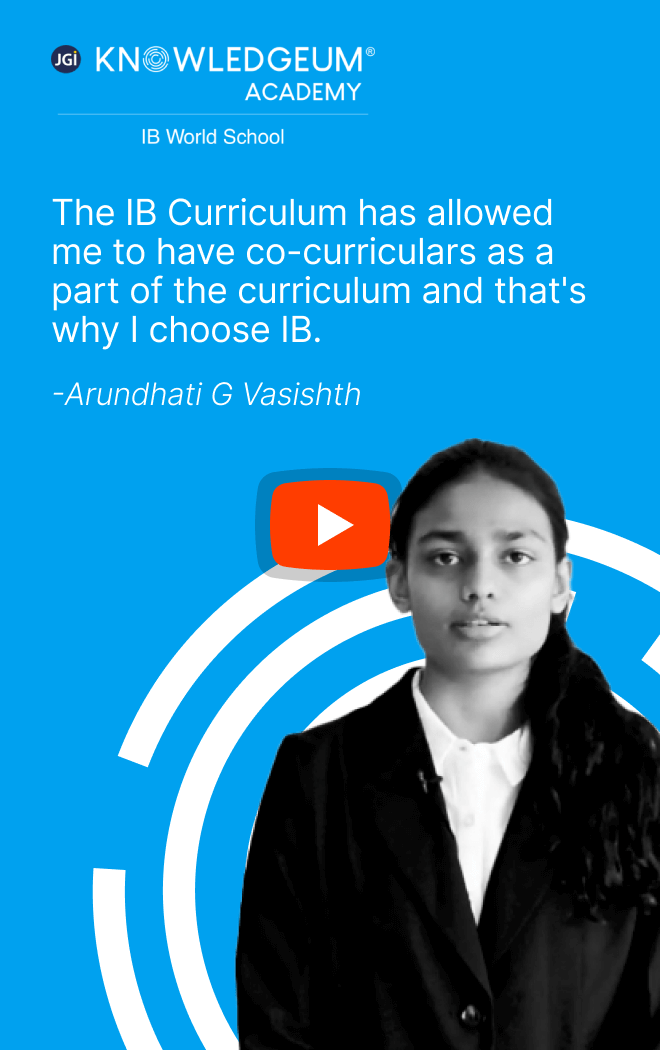IB Syllabus Guide: What You Need to Know for 2024–25

If you are about to join the International Baccalaureate course or are already on your way, you may be quite eager to know precisely what this syllabus covers in the 2024-2025 class. The IB curriculum is known for its rigorous academic challenges, but it is also hailed for developing well-rounded individuals who are ready both for higher education and life in an increasingly globalised world.
So, what does the IB syllabus look like, and how can you navigate it successfully? Let's break it down in a creative and approachable way.
Understanding the IB Framework: The Core Components
The IB syllabus for both the Diploma Programme (DP) and Career-related Programme (CP) is structured to develop critical thinking, intercultural understanding, and lifelong learning. Whether you’re aiming to dive into academics or are more career-focused, the IB program gives you the tools to succeed.
The IB’s structure can seem overwhelming at first, but don’t worry—once you understand the key components, it all starts to make sense.
The Six Subject Groups - IB Diploma Programme
Group 1:
Studies in Language and Literature
For those who love language and literature, this is your playground. Whether it's studying works in your native language or exploring world literature, this group is all about developing strong reading and writing skills.
Group 2:
Language Acquisition
This is where you get to learn a second language. It's not just about speaking a new language, but understanding its culture and nuances. In 2024–2025, students can continue to choose from languages like French, Spanish, Mandarin, and more.
Group 3: Individuals and Societies
Subjects like History, Geography, and Economics fall under this group. These courses delve deep into societal structures, human behaviour, and real world crises. Want to understand why the world works the way it does? Group 3 is where you'll find those answers.
Group 4: Sciences
Whether you're a budding scientist or just curious about the natural world, Group 4 is where you explore subjects like Biology, Chemistry, and Physics. These courses are designed to challenge you and foster a deeper understanding of scientific principles. Plus, practical experiments make learning hands-on and exciting!
Group 5: Mathematics
The world runs on numbers, and the IB ensures you're prepared by offering two types of maths courses: Mathematics: Analysis and Approaches (for the more theoretical minds) and Mathematics: Applications and Interpretation (for those who like to apply maths to real-world problems).
Group 6: The Arts
Here's where creativity shines. Choose from subjects like Visual Arts, Theatre, or Music to nurture your artistic side. If you're more academically inclined, you can also opt for an additional course from any of the other subject groups instead.
Each subject is taken at either Higher Level (HL) or Standard Level (SL), with HL courses going deeper into the material. You'll take three to four subjects at HL and the rest at SL.
The IB Core: Education not Limited to Academics
What sets the IB apart from other curricula is its focus on developing the whole person. This is where the IB Core comes in—three unique elements that round out your education.
TOK is all about big questions: "How do we know what we know?" In other words, reflection on the nature of knowledge-about how knowledge is constructed and about what it means in different areas of life, such as art, science, and politics. Within the 2024-2025 syllabus, the position of TOK remains pivotal in fostering critical thinking.
2. Creativity, Activity, Service (CAS):
CAS means the IB encourages you outside of the comfort of a classroom. You will be engaged in creative work, physical activities, and community work. This aims at bringing a balance in your life as a student, with activities that enhance empathy, teamwork, and leadership skills. Whatever it may be-be it in organising some event in the community or learning a new skill, CAS helps in growing an individual.
This is a 4,000-word research paper on a topic of your choice, giving you a flavour of independent research-a skill that will stand you in great stead at university. For the 2024–25 student cohort, students are invited to select topics they are curious about; this could be anything from how climate change is affecting city planning to the ethical dilemmas thrown up by artificial intelligence.
What can be Expected for 2024–2025?
The IB is constantly evolving to stay relevant, and the 2024–2025 syllabus includes some exciting updates:
- Global contexts are among the new key areas of emphasis. With issues like sustainability, ethics, and digital technology available to study in every subject, the new syllabus demonstrates how linked today's society is. For instance, there is now a greater degree of interest in international issues like migration and climate change within Group 3 disciplines like geography and global politics.
- Advanced Digital learning tools: The IB is constantly working out how to integrate new technology into its teaching. You'll very likely do online simulations in sciences, digital portfolios in arts, and even virtual experiments in maths. Such updates will ensure to keep you interested and invested.
- Other linguistic possibilities: The skill of being able to learn a new language is basic in today's global world; the IB has increased its possibilities, including very diverse linguistic ones. This will give students an even greater possibility of connecting to other cultures and perspectives.
How to Succeed in the IB Programme
While the IB can be challenging, it’s not just about working harder—it’s about working smarter. Here are some tips to help you thrive in the 2024–2025 academic year:
1. Stay organised: With six subjects and the Core components, it is very important to keep a track of time and prioritise time management. To stay on top of deadlines, use to-do lists, apps, or planners.
2. Balance co-curricular and academics: Remember, CAS is an integral part of the programme that encourages students to engage in activities that you’re passionate about- be it joining a sports team, participating, or exploring a new interest. These instances keep you humble and grounded.
3. Enjoy curiosity: The IB encourages inquiry and curiosity. You will have several opportunities to learn and you will learn only through queries, thought-sharing and consistent questioning.
4. Constantly Reflect: Whether through TOK, CAS, or the Extended Essay, the IB is always all about reflection. Use every opportunity to unlearn and relearn things. Only when you step out of your comfort zone, will you achieve new feats.
Parting Thoughts: Why the IB Prepares You for the Future
The goal of the IB syllabus for 2024–2025 is to prepare you for life, not merely to ace tests. With an emphasis on creative thinking, practical application, and personal development, the IB gives you the tools and perspective you need to thrive in a world that is changing all the time.
Irrespective of your dream to become a chef, artist, scientist or professor, the IB is capable of building a foundation is crucial for the IB curriculum as it sets the tone for you in the coming years.
On this incredible journey, please remember that the IB is not just about what you learn—it’s about who you become.
In Bangalore, Knowledgeum Academy stands out as one of the best IB schools in Bangalore offering the IB Diploma Programme, providing students with a rigorous and supportive environment that fosters academic excellence and personal growth.




